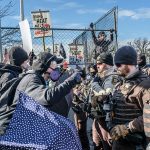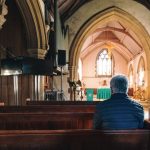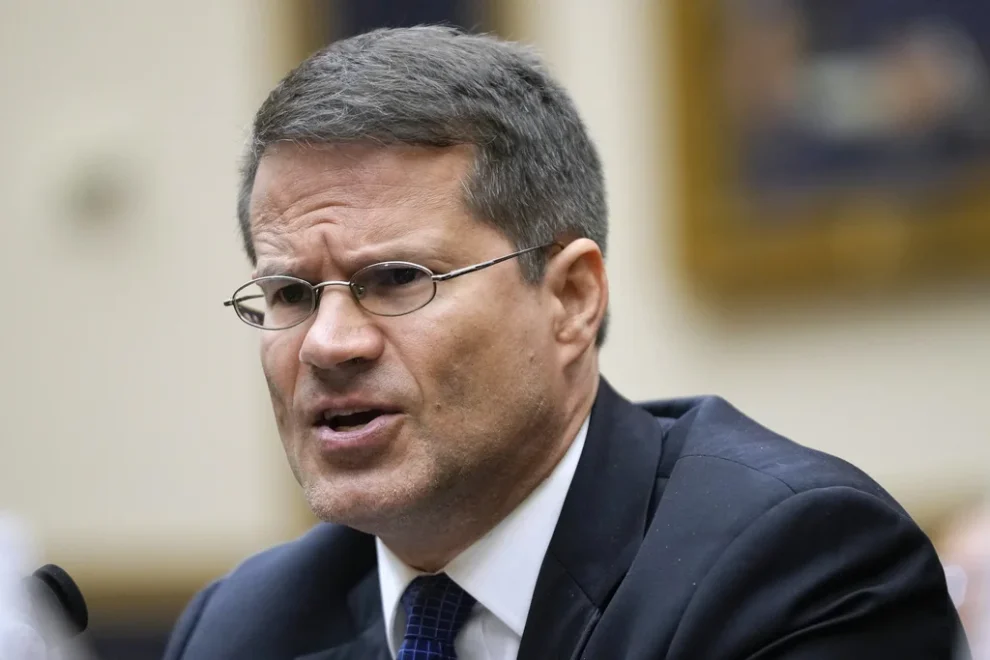The justices of the Supreme Court wasted no time Wednesday zeroing in on President Donald Trump‘s executive order to end birthright citizenship and his legal team’s push to limit the power of lower courts to block federal policies nationwide.
Wednesday’s hearing is one of the most consequential legal fights of Trump’s second term thus far and will examine the practical implications of what happens when a president enforces an illegal policy and no court has the universal power to stop it.
“Let’s assume you’re dead wrong,” Justice Elena Kagan said to Solicitor General D. John Sauer. “If one thinks that it’s quite clear that the EO is illegal, how does one get to that result and with what time frame?”
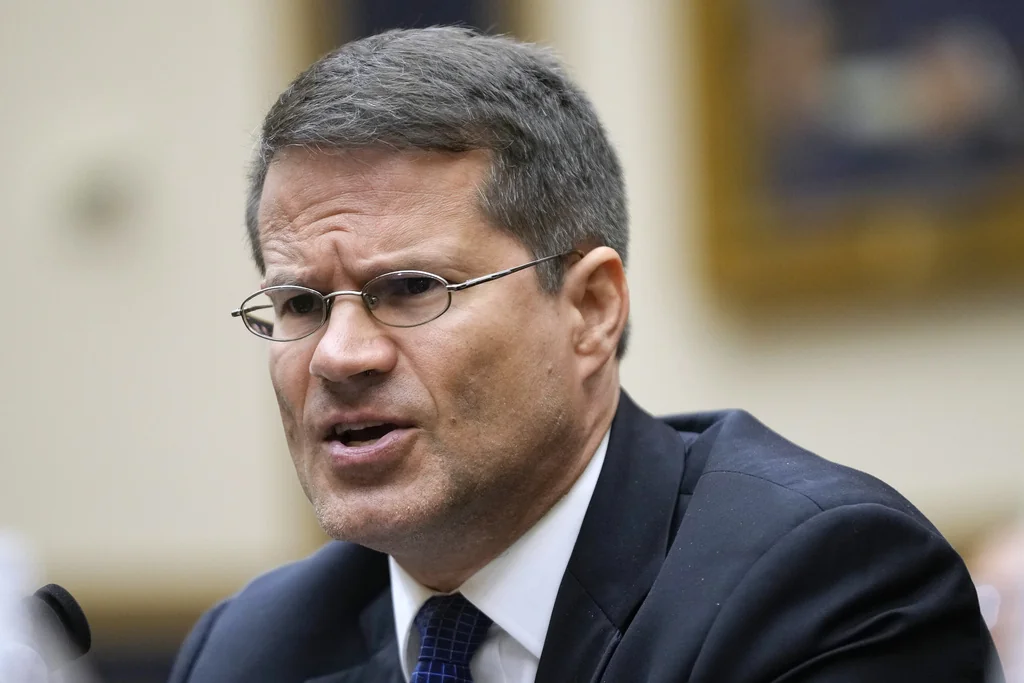
Sauer, who was confirmed as Trump’s top appellate lawyer last month, offered vague reassurances about emergency litigation and possible class actions. But Kagan wasn’t convinced. “That’s a lot of words,” she said bluntly. “I don’t have an answer.”
Justice Amy Coney Barrett, who was confirmed during Trump’s first term, then stepped in to challenge Sauer. “Are you really going to answer Justice Kagan by saying there’s no way to answer this expeditiously?”
Chief Justice John Roberts ultimately ended the exchange by suggesting courts can resolve such legal challenges swiftly, seeming to undercut Sauer’s premise.
The argument over Trump’s authority and the judiciary’s role in checking it was repeatedly driven home throughout the session. Justice Sonia Sotomayor accused Sauer of promoting a theory that “violates four Supreme Court precedents,” warning that under his view, neither the Supreme Court nor any lower court could stop a president from broadly violating constitutional protections.
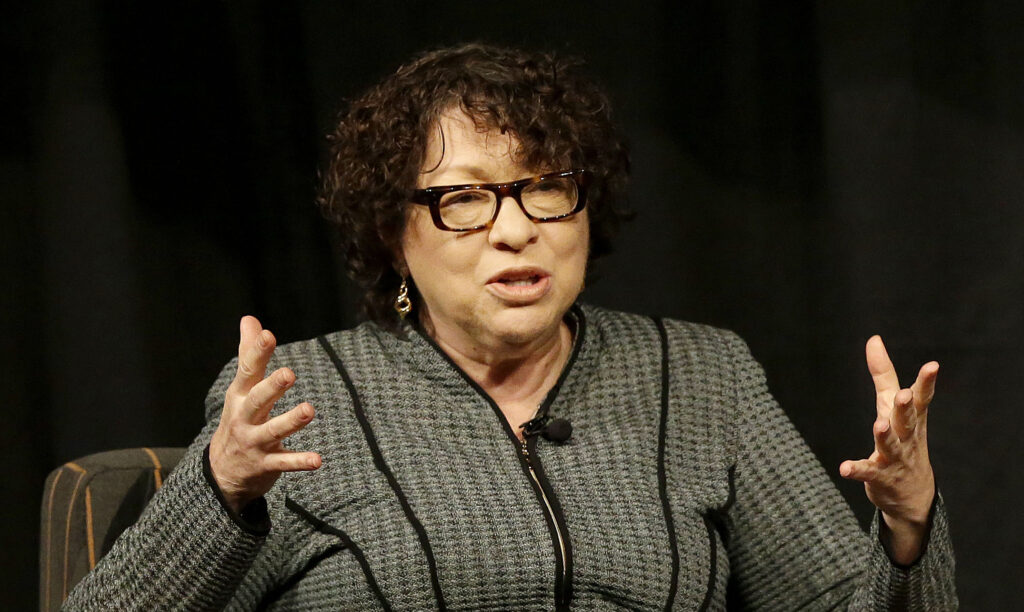
Sotomayor posed a hypothetical: If a president ordered the military to confiscate every citizen’s firearms to fight gun violence, would courts be forced to sit back while plaintiffs sued individually? Sauer replied that emergency class actions could be filed, but he maintained that Trump’s birthright order rests on constitutional grounds.
Roberts raised a separate concern, asking how Sauer’s rejection of nationwide injunctions would play out in redistricting cases, which, by nature, affect entire states. “How does your theory address that situation?” Roberts asked, though he did not pursue the point further.
Justice Clarence Thomas, who has long questioned the validity of universal injunctions, opened arguments by probing the historical foundations of such judicial relief. Sauer claimed the examples cited by Trump’s opponents were more akin to modern class actions than traditional injunctions.
The high court’s deliberation arrives against the backdrop of a fractured political climate and a divided bench. While some justices, including Thomas, Samuel Alito, and Neil Gorsuch, have called for retiring universal injunctions, others, such as Brett Kavanaugh and Barrett, have urged caution, citing concerns over legal “disuniformity” if laws apply in some parts of the country but not others.
Trump’s executive order, signed on his first day back in office, bars the government from recognizing U.S. citizenship for children born on U.S. soil to parents in the country unlawfully or temporarily. Lower courts in Maryland, California, and Massachusetts blocked the order, citing clear conflicts with the 14th Amendment and long-standing precedent from United States v. Wong Kim Ark (1898), which held that all people born in the U.S. are citizens, regardless of their parents’ nationality or legal status.
The justices are not expected to rule on the legality of the birthright policy itself. But a ruling that accepts Sauer’s theory on nationwide injunctions could allow the Trump administration to begin enforcing the order, at least in states where lawsuits haven’t been filed, even as its constitutionality remains unresolved.
Though Trump’s lawyers have tried to avoid a merits ruling at this stage, the president has publicly embraced the order, posting on Truth Social before oral arguments that birthright citizenship was never intended for “people taking vacations” to give birth in the U.S.
“The United States of America is the only Country in the World that does this, for what reason, nobody knows — But the drug cartels love it!” Trump wrote on Truth Social. “We are, for the sake of being politically correct, a STUPID Country but, in actuality, this is the exact opposite of being politically correct, and it is yet another point that leads to the dysfunction of America.”
Oral arguments were still ongoing Thursday morning and could extend into the afternoon, given the unprecedented question before the high court and the consolidation of three cases into one hearing.
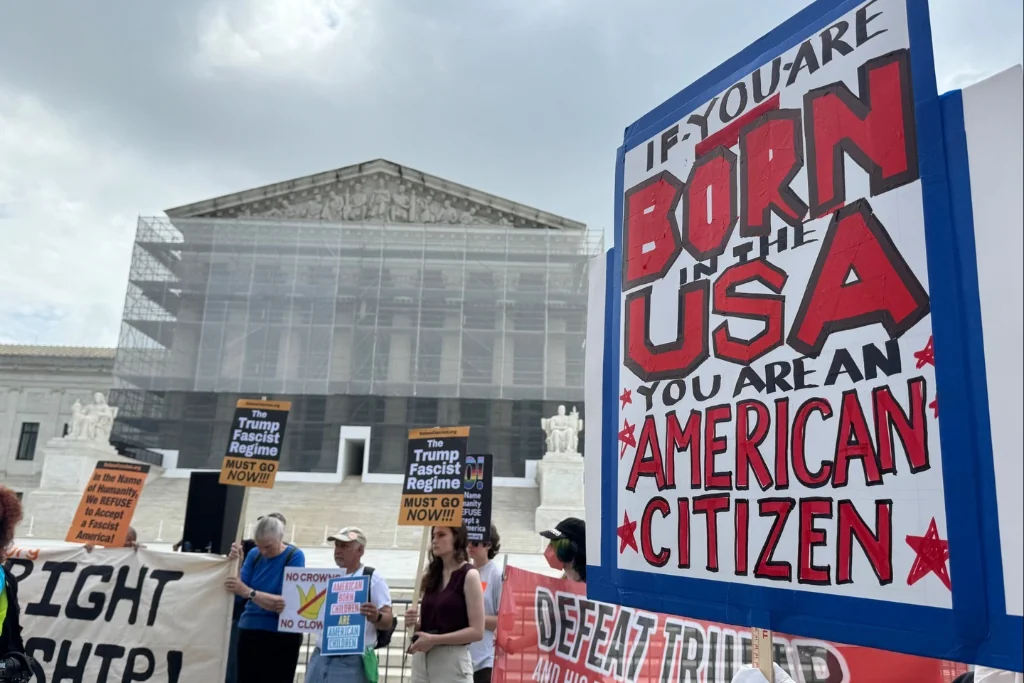
TRUMP’S BIRTHRIGHT CITIZENSHIP BAN COULD SPUR SUPREME COURT TO CURB NATIONWIDE INJUNCTIONS
Outside of the high court, the pavement below the steps was filled with protesters gathered in opposition to Trump’s plans to curtail birthright citizenship for those in the U.S. who were born here to parents who do not have citizenship.
A decision in the case is expected by the end of the term in late June.

